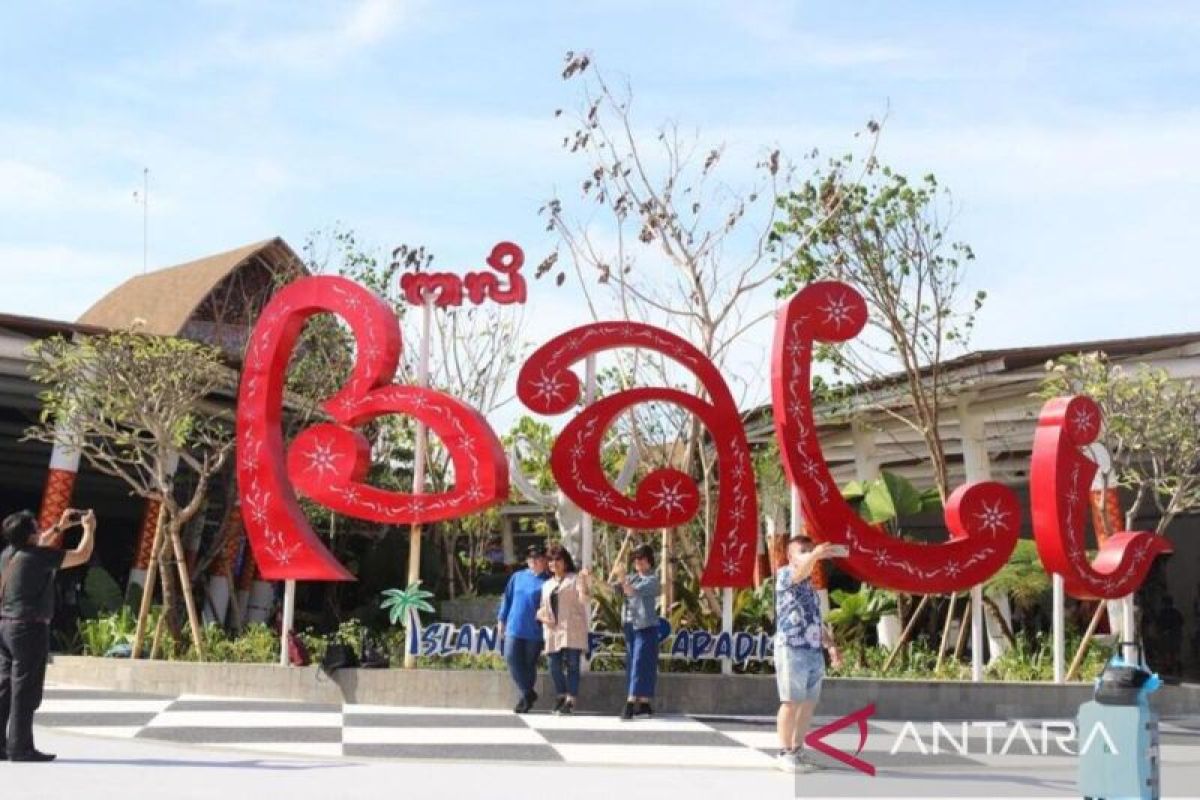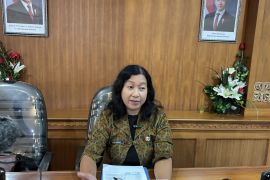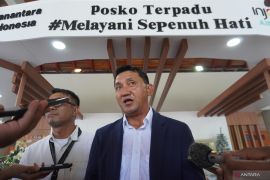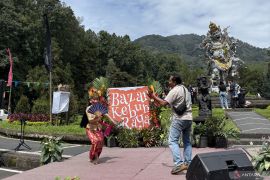This marks the first tourist levy for foreign visitors implemented by a regional government in Indonesia.
The initiative for the policy began with the presence of Law Number 33 of 2004 on the Financial Balance between the Central Government and Regional Governments.
In the law, balancing funds, such as the revenue-sharing funds, are sourced from tax and natural resources.
The law is currently no longer applied and has been replaced by Law Number 1 of 2022 on Financial Relations between the Central Government and Regional Governments.
Akin to the previous law, revenue-sharing funds in the new law are sourced from tax and natural resources.
Revenue-sharing funds sourced from natural resources include those from forestry, fisheries, minerals and coal, petroleum, and natural gas sectors.
For regions that have natural resources, the revenue-sharing funds can become a basis for protection efforts after natural resources in the region are explored.
The situation is different for Bali, which does not have abundant natural resources, such as petroleum and natural gas, coal, minerals, and geothermal energy.
Bali's economy is dominated by the tourism sector that features natural scenery, culture, tradition, and uniqueness of tourist attractions.
According to the Ministry of Tourism and Creative Economy, Bali has a central role in Indonesia's tourism, reflected by the province's contribution of 5.3 million foreign tourist arrivals out of the 9.5 million tourist arrivals in Indonesia recorded in 2023.
In fact, of the total revenue of around US$20 billion that Indonesia obtains from tourism foreign exchange per year, Bali contributes 50 percent.
Finally, with the issuance of Law Number 15 of 2023 on Bali Province, the Bali Government could receive funding sources to protect the culture and nature, one of which is through a levy imposed on foreign tourists.
Bali's culture and natural environment can then be protected more optimally with funds from the levy without having to compete with other expenditure items that have their own priorities in the regional budget.
Acting Governor of Bali Sang Made Mahendra Jaya stated that Bali Province has fiscal limitations in the regional budget in terms of sustainable cultural and environmental protection.
Several programs need to be intensified, such as restoring the Balinese lontar (palm leaf manuscripts) as well as various cultural, customary, and art sites.
As for environmental protection, serious efforts are necessary for addressing the issues of waste and reforestation; controlling and utilizing spatial planning; as well as improving the quality of Bali tourism services.
With the imposition of the levy, the Bali Government would have fiscal space, including for improving tourist attractions, infrastructures, and tourism promotion.
Levy payment
Foreign tourists can pay the Rp150 thousand levy non-cash before arriving or at least before entering the foreign tourists' arrival gate to Bali.
In Bali Governor's Regulation Number 36 of 2023, the levy is imposed on foreign tourists visiting Bali directly from abroad or indirectly from other regions in Indonesia.
The payment can be made, among others, through the Love Bali system at lovebali.baliprov.go.id or through the Love Bali application.
On the website, foreign tourists can choose payment methods, such as using a credit card, through bank transfer, and via a QR code.
Foreign tourists need to fill in details of their name, email address, passport number, and arrival date.
Tourists will receive a payment receipt delivered to their email address that will be scanned at the arrival gate.
In addition to digital payment, the levy can be paid on the spot when they are about to enter the arrival gate at a place that has been prepared.
The payment can also be made through agents of cruise ships, hotels, travel agents, and tourist attractions.
Seven categories of tourists are exempted from the obligation to pay the levy, such as foreign tourists holding diplomatic and official visas, crew members on transportation vehicles, and holders of temporary or permanent stay permit cards.
They also include holders of family unification visas, student visas, Golden visas, and other visas, such as business visas.
Funds from the levy are managed by the Regional Development Bank (BPD) of Bali.
Bali BPD President Director I Nyoman Sudharma stated that the trial for the operations of the levy policy was carried out on February 7, 2024, to test the system's reliability, considering that the average number of foreign tourist arrivals in Bali, especially at I Gusti Ngurah Rai International Airport, reaches around 15 thousand people per day.
Since the trial, until February 12, 2024, as many as 9,220 foreign tourists have paid the levy, with a total achievement of Rp1.4 billion (around US$89,547).
Although tourist levy is newly being applied in Indonesia, the concept has been implemented in several tourist destinations around the world.
Chairperson of the Indonesian Tourism Industry Association (GIPI) of Bali Ida Bagus Agung Partha Adnyana stated that the same method was implemented in Amsterdam, the Netherlands, where a tariff of €11 is applied for passengers of cruise ships and a 12.5 percent tax for hotel rooms is imposed.
This concept is also observed in Bhutan, where adult tourists and children are subject to respectively US$100 and US$50 visit costs.
In addition, Venice, Italy, is imposing a €5 tax on tourists visiting the UNESCO World Heritage site.
Furthermore, Thailand is imposing a 300 baht tax per person for tourists arriving by air and 150 baht for those arriving by land.
Transparency
The mechanism of the levy needs to be improved to prevent queues if the tourists have not paid the levy before their arrival in Bali.
In addition, scanning machines for payment receipts also need to be increased, not only focusing on the arrival gates at the airport and cruise port but also on other arrival gates, such as Gilimanuk Port.
Furthermore, the Bali Government should be transparent about the tourist levy funds, including their utilization.
The Bali Tourism Office has emphasized that transparency about the tourist levy is realized through the Love Bali application. Thus, the community can monitor the utilization of funds there.
It would need time, for instance, six months or even a year after the implementation to monitor the utilization of the funds for cultural and nature conservation efforts in Bali.
Related news: Bali govt ensures security of foreign tourist levy application
Related news: Bali exempts seven visa types from new tourist levy
Related news: World Water Forum: Bali governor reviews venue on Melasti Beach
Translator: Dewa Ketut, Raka Adji
Editor: Azis Kurmala
Copyright © ANTARA 2024












